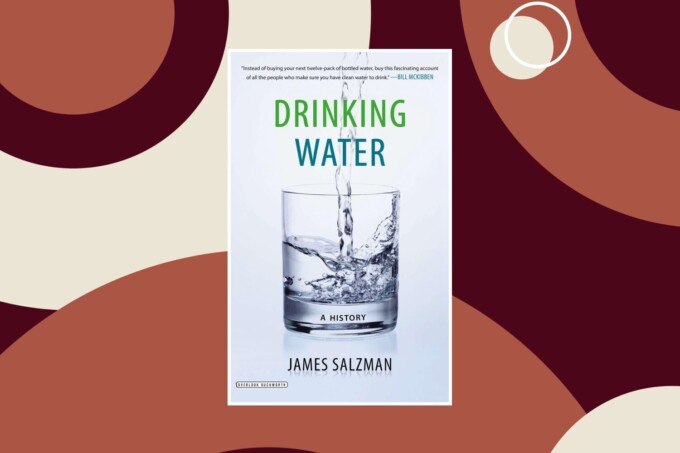“So far the outbreak in Kasai, which was confirmed by the UN’s World Health Organisation (WHO) on September 4th, has killed 16 people, four of them health workers, and infected dozens of others. The toll is likely to rise, especially because there was a lag between the first death on August 25th and confirmation that Ebola was to blame. Since people can contract the disease through contact with the bodies of victims, quickly isolating the sick and safely disposing of the dead is vital.
For now, experts are reasonably optimistic they can stop the spread. There are several reasons for that, besides the remote location of the outbreak. Initial assessments of the fatality rate are relatively low, with just over half of known patients succumbing even before clinics have been set up. In the early stages of previous outbreaks, nearly all those who fell ill died.
Congo’s experience with Ebola means it has improved its response with every new outbreak. Besides better logistics and medical capacity, it now has access to new antibody treatments that can reverse the disease’s progress and help with recovery. Unlike other parts of Congo, Kasai is not currently a site of major armed conflict.
Last but not least, there is now an effective vaccine. It was unavailable a decade ago, when Ebola killed more than 11,000 people during an outbreak in west Africa, and was still in its experimental stages when thousands more died of the disease in Congo in 2018 and 2019. Now the WHO is ferrying 2,000 doses of the vaccine from Kinshasa to Kasai, along with medical specialists, protective equipment and $2m from its emergency fund.”
From The Economist.




